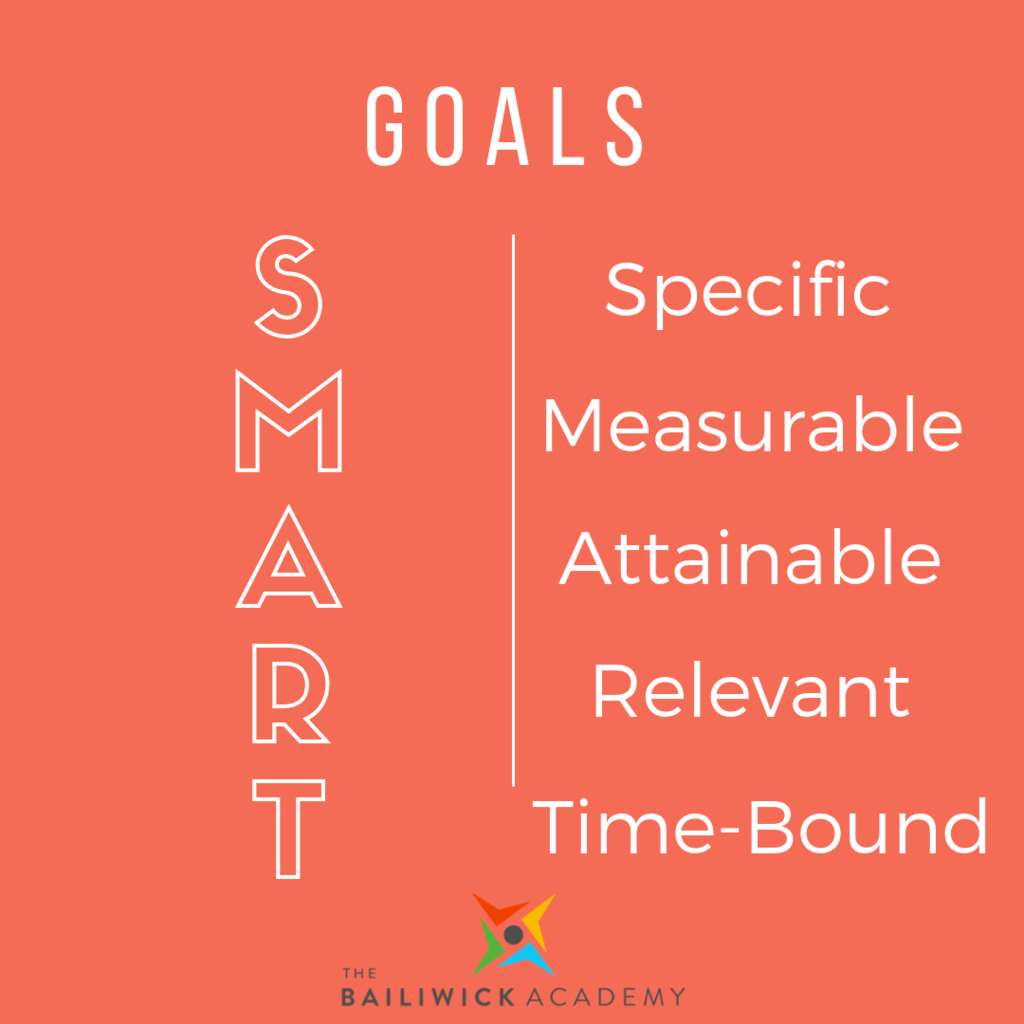Have you ever made big decisions in your life?
Which university to go to? Which car should I buy or should I get married?
Everyone of us makes decisions everyday. Should I hit snooze that alarm clock one more time before I get up. Where would I eat. Should I stay on Facebook or Instagram a little bit more.
These are some of the decisions we might have faced in our daily lives.
But what about the hard ones?
Like the ones I mentioned at the start, these decisions are some of the tough ones we go through at least once in our lifetime.
For this post I will tackle leaving the workplace and pursuing a business or a passion.
How do you make that decision? What if I am wrong? What if I fail?

Image Credit to: Oliver Sjöström

Why is it hard to decide?
Have you been at a point in your job that you easily get tired? You only get excited at the last quarter of the year when it is close to December where you get to attend parties and get your bonuses.
After which a few weeks you go back to the same routine day in and day out. You lose focus and you were not as energetic as you were once was.
Then you tell yourself that enough is enough.
“I should leave the company. I should start my own restaurant. I know how to cook. My friends and relatives say that my cooking is great.”
You do not know where to start. Then you start to think on how you can survive after you leave work. You think of the money that you will have to shell out to get your business going.
Now you are afraid and do not know what to do.
Why is that?
Fear, yes these may be fear but fear is an emotion produced by a stimulus we are seeing or expecting.
After fearing then you start to doubt. You start to doubt yourslef and the decisions that you will make.
Change. Change from one state to another. Especially if you are comfortable at your current state, why leave?
If we are so used to our work, getting our pay twice a month whether we did something good or great or even we were not productive at all but of course provided we did not violate any corporate laws.
You are bored or hate your job you can still get paid. You may just be working at a level that is expected from you but you will still get paid.
Unlike when you started out, you were energetic, you get a lot of things done and make your boss proud. You get a promotion, you get new responsibilities. Some will be excited because with the new position, comes salary adjustments perhaps or added responsibility which can give pride to your work or a great addition to your resume.
This change was positive something some people may look forward to. Others may have apprehensions such as the fear from the added responsibility. It may not be worth the effort perhaps or more stress.
These types of changes may trigger different emotions like fear, joy, excitement, etc.
Uncertainty. Say you were up for promotion and you needed this because of the increase in salary and added benefits but you have to be relocated.
You accepted this. You may feel anxious at first. Much like when you first started. This is maybe because this is a new environment for you. Some people get anxious because you get to work with new people. You do not know any of them.
There is an uncertainty which can trigger emotions. Most people would like to see what lies in from of them. The clearer what is ahead the more confident we are on moving forward.

What we do not want.
When change happens whether we like it or not there are things that as humans, is understandable to not like.
It is up to us on how to deal with it. Let us break down further the things we fear or when we make decisions that change the present.
To start over. Some changes especially leaving the workforce or even career changes needs us to learn and relearn. The thought of starting over is frightening to some. Starting from square one would mean that you have to build yourself or your business from the ground up. You would need the tools, finding a place to operate, building your network or finding customers for your starting business. If you belonged to the corporate world and has held high positions for a long time, for some, it may be a challenge.
To get our hands dirty and seen by former colleagues, might be a fear for some. An executive one day and serving food the other. Maybe hanging on to that position of power where an entire staff follows your every commandment and having to exchange that to working by yourself or chasing people to buy your products.
Incompetence. You want to make that change but you fear that you might not have the skills to make it. You want to start your own restaurant but looked at the market and the competition and start doubting yourself. I know I am a good cook but can I do this?
You have been doing the same work over and over for several years and finally decided to call it quits to start your own business. After doing the same work for a long time, you may doubt yourself for taking on a new role.
This is valid as you may be taking on a challenge which you may have been good at years before, right before going to work or see that the industry you want to venture has changed.
Time is not on your side. Leaving your work to pursue business is a very bold move, everyone can agree. You have to invest time and money to start and build and then earn money. Not all business earns at its first month, heck even some would earn after only after its first year.
They say that you need money to start your business. I say you need to devout time more than money. You should not really be frightened with it, but you should be mindful of it.
Loss of Income. Most of those who are getting their incomes primarily from a regular job are most likely to be careless with their spending. I mean if you have seen some of the posts at social media, some of the people you may know may indulge with some food trips, gadgets or travels. Some may spend more that what they are earning and may incur debts through credit cards and loans.
I think this is the top or second most concern when you leave your job and start a new business. Who wouldn’t be frightened of the prospect of losing a steady stream of income from work to start your company which may not earn for a long time.

Should I give up?
Look starting a new business is hard. Not only hard as in tough but it also needs hard work!
People say, follow your dreams! Follow your heart. That is true but you should also be logical in your decisions and be smart in every step. If you follow your emotions or what you feel all the time you may end up in trouble. Like anger, it is an emotion and may get you into trouble if you let it control you. This is the same with fear and with any emotion.
These fears you may have when making that decision may be valid but it does not necessarily mean that if they are present then you should quit before it begins.
It is hard to give advise on starting your own business because each one of us has different situations. I cannot just tell you to quit your job and start a business but I do admit that I do tell people to do that liberally when I know them well enough.
When you ask people if you should quit your job and start your own business, you may hear people say that only you can answer that. That sounds like a cliche but it is quite true. Like I said, everyone has different situations, skill set, manner of thinking etc.
I can, however, offer advise on how to make this decision for you to make your own decision.

Decision Process
When you ask yourself if I should quit and start my own business, you should have a process. This is a tough question but like all tough problems, they can be broken down to simpler parts for you to tackle.
You need to identify things that will answer your question. Simplify, that is what I say. Let us break things down below.
On each of the items below it would be great if you can list them down. Draw them if you have to. All of them are related to each other and are there to guide you.
Goals. If you answer yes, you should know your goal. If you want to set up a restaurant, how do you envision it once completed? Be detailed, what does it look like. Dream big! If you can picture it as if you were there then the better. Those details you will work on to build your dream.
Now that you have the end in mind, go back to the details. You need to plan out how to go there. You need to have a clear vision of what you want. Each step and decision you make will then be towards that goal. Because it is clear it will likely never change. If you get frustrated, look back at your goal.
Remeber to be SMART with your goals.
 Specific-clear and detailed. Measurable-you know how far you are to your goal and its completion. Attainable – realistic. Relevant- importance to you. Time Bound -set deadlines.
Specific-clear and detailed. Measurable-you know how far you are to your goal and its completion. Attainable – realistic. Relevant- importance to you. Time Bound -set deadlines.
Now how do I do that?
Let us say I want to own a restaurant that is successful. I want my goal to be big as possible like a restaurant which people would take the time to travel to. I need to know the skills and the resources I need to know the feasibility of my dream. There are restaurants in the area and I believe that I can offer something more. What that is I can find out by research of my market and competition. All the research I need to do say 1 month and after which I study the data and make my decision.
Values. These are the things that are important to you. In achieving your goal you will make your decisions based on these values from the very start from where you decide if you should start your business and even after you have your business put up.
Each step and decision you should make should meet all the values you set. This way you remain true to yourself, feel better and you will avoid making regrets in the future. People who are forced to do things which they do not want or half heartedly would regret their decision if it turns out to be a bad one.
List them down. List down 3 to 5, but I go with 3 important values important to you. These should be your core values and in turn the values that will run your business decision. For example you chose to leave work for business because financial independence is more important to you than career growth. You value family over increase in salary because you want to spend time. These are basic needs you should identify. If staying at a job means not meeting these values then you should leave it.
Put them in a table or like a matrix. In every bad decision ask yourself if these values are met or not. Put descriptions or a rating system so you can make the best decision like 10 points if it fits your values.
 When I left the corporate life I had 3 things that I hold valuable at that time. Above is a simplified version of that decision process but I would like to show you using description on how I weighed each one of them.
When I left the corporate life I had 3 things that I hold valuable at that time. Above is a simplified version of that decision process but I would like to show you using description on how I weighed each one of them.
Plot a course to your goal. All successful businesses did not become successful overnight. They all took steps, baby steps even before they reached the success they are enjoying today.
If you need to acquire skills like studying or practicing then do so. If you need to stay at work to earn more money for your dream then do so. Make sure to tick the ones you have done and move on to the next step.
If you are unable to do a step, like say for example raise the money you need, look back and find out why. Did I spend to much? Like someone who is hiking in the wilderness, find another route to get to your goal. Look for alternatives like if I may miss the amount I am supposed to raise, I need to cut down my expenses or sell stuff I may not need.
Simplify. All steps should be simplified. If you feel that putting up a business is hard, which is true, then you need to simplify it. How to get fom here to there? I know the directions but one big step to get to the end goal is hard. The solution is to take small steps. It may take longer but if the objective is to get there then your are on the right path.
You want a start a pastry shop, of course a successful one, start with the small things. What are the skills I have to achieve this? If I want a wide selection of products then I should take more classes. What are the products that sells the most? Try them out and figure what made them successful. Research on them and do product testing.
What is the now? Always check on what you have at the moment. Check your inventory of skills and resources. If I resign, do I have the the resources to set up my business while still have money for my basic necessities? Do I have the skills reach my goal?
Do you homework. Study the market you are entering. What does the customer want vs what do they need? You can provide what the want or need or bridge them. See where there is an opportunity. How can you stand out.
All of the items listed above are for you to work on before making the decision to leave work and start a business.

Decision Time
Again, only you can answer this but when you made what you wanted clear and precise. Know how to get there without compromising what you hold important then the decision is made easier.
Bear in mind that there is no guarantee. Even the job that you have! Companies let go of people and even close.
Who knows what will happen to your business but if you work hard, planned it all out you have a great chance of making it!
Ask yourself based on the values the knowledge you had gathered: How much do I want it? There are things that we could not quantify. Your determination, flexibility when faced with adversities, creativity in finding out solutions.
It is a change. We, humans, have a fight or flight response. We got this through thousands of years of evolution. If the change comes, would you fight and face the challenge, set up your business or run away from it and stay with your current 9 to 5 job?

